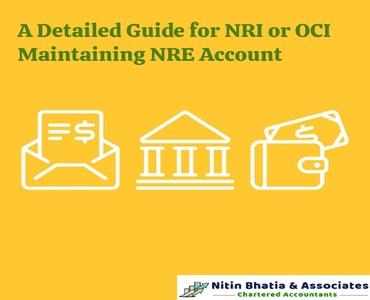The Central Board of Direct Taxes (CBDT) has recently issued a notification that lists the various consequences that will be applicable to an individual if their PAN becomes inoperative due to non-linking with Aadhaar. In this regard, the CBDT has substituted Rule 114AAA of the Income-tax Rules, 1962 to specify the consequences that would follow. …














